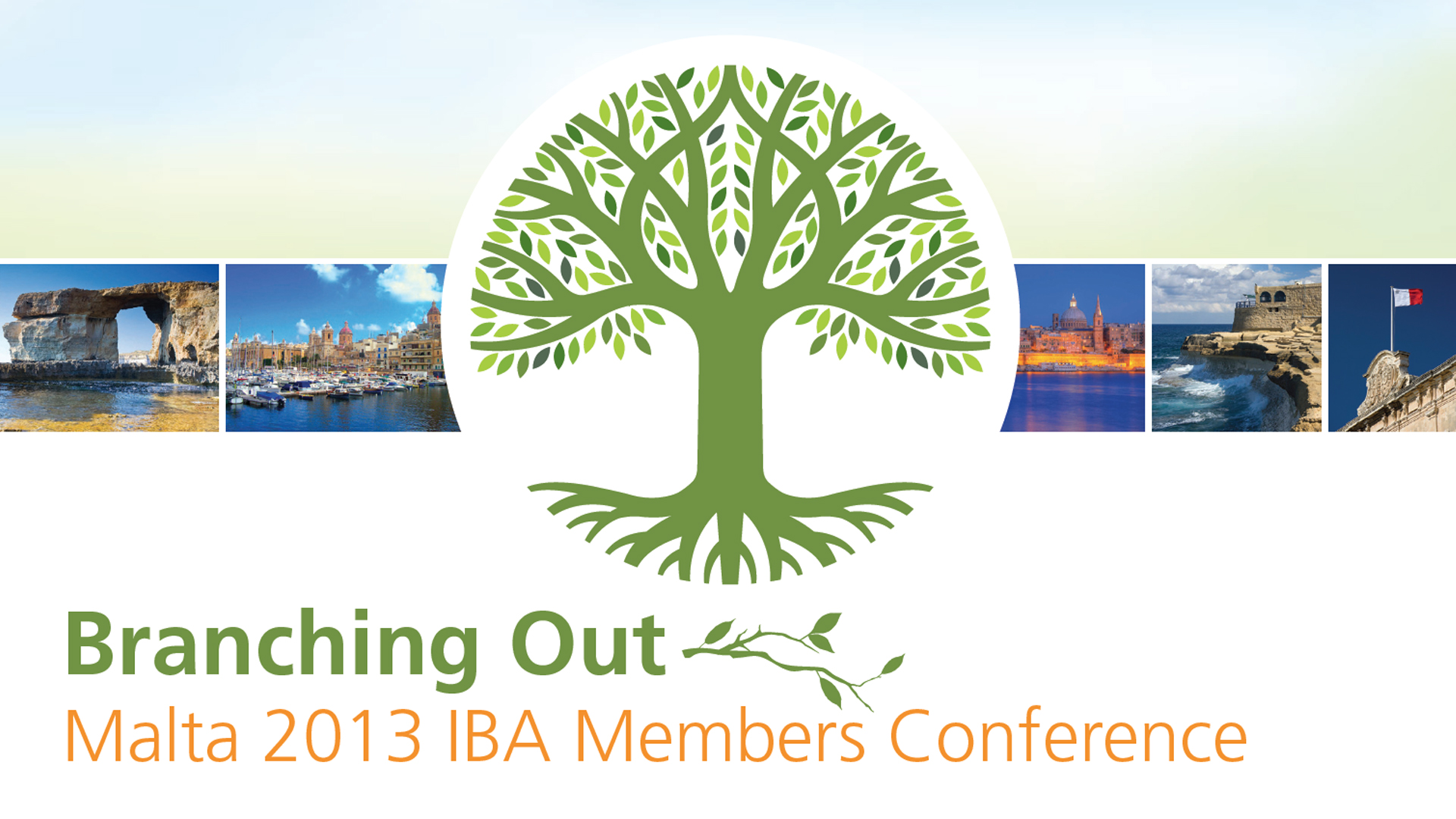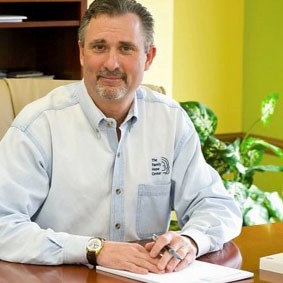English (US)

Matthew Newell gives a touching perspective on what, for some parents, is a knife to the heart—neurological disorders in infants and kids. With his refreshing outlook, he describes some of the amazing work that he and his staff accomplish at The Family Hope Center in PA. The Center truly encompasses the whole family when it comes to healing the brain. At the 2013 Members’ Conference, Matthew gave us key pieces of information that every parent and BodyTalk practitioner should know. For example, did you know that olfactory stimulation is imperative when it comes to early brain development? Also, did you know that if you don’t blink, you feel no fear? Listen to this exciting presentation by Matthew and be inspired!

Matthew has traveled and lectured internationally on all the phases of brain growth and development. He is certified in Child Brain Development and as a BodyTalk Practitioner. He is also certified in cranial sacral therapy and myofascial release. Matthew has helped and taught more than 15,000 parents in his 25 years of experience. He has personally designed mobility programs for thousands of children, teaching parents how to take a child from paralysis to crawling, creeping, walking, running and physical excellence.
"The soul is healed by being with children."
–Fyodor Dostoyevsky
Matthew talks about three important principles when it comes to understanding and working with neurological disorders in children: Right Knowledge, Right Way, and Right Attitude. He will explain to you what these concepts mean when working with the family of a challenged child, as well as how to work as a practitioner for such kids. Part of Matthew’s talk focuses on how to evaluate what is happening in a child’s brain and some of the simple exercises they use at his center to stimulate new neural connections. BodyTalk is a key modality in the healing process of all the center’s patients. Matthew gives a lot of insight into the types of BodyTalk sessions they see for the kids he works with. Ultimately, Matthew’s goal is to educate families, children and other practitioners that a child is not his or her labels. Rather, they have a brain injury, and it is an injury that in nearly all cases can be significantly improved if not completely repaired.


 Online anytime at your own pace
Online anytime at your own pace
